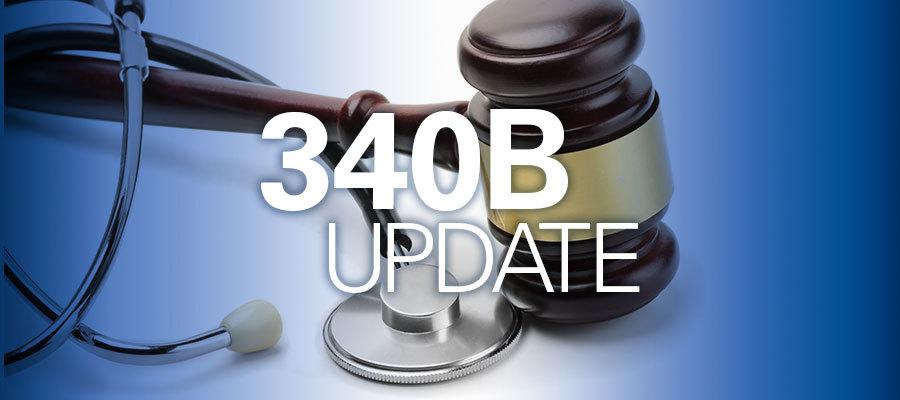HHS finalizes rule on 340B Administrative Dispute Resolution process

The Department of Health and Human Services April 18 finalized its rule to establish a 340B Administrative Dispute Resolution process as required under the Affordable Care Act. The rule establishes an ADR process that allows all 340B covered entities, regardless of the size of the organization or monetary value of the claim, to avail themselves of this important process to address claims at dispute with drug companies.
Specifically, the new finalized ADR process would:
- Create a more conventional administrative process that is less trial-like consisting of 340B program subject matter experts from the Health Resources and Services Administration’s Office of Pharmacy Affairs.
- Allow covered entities to bring forth claims where they have been overcharged by a drug company including where the drug company or its wholesaler denies access to 340B pricing.
- Allow claims for ADR panel review even if the particular issue at stake is subject to concurrent federal court review.
- Require decisions be reached by the ADR process within one year of submission of claims for ADR review.
- Include a reconsideration process for parties dissatisfied with the 340B ADR panel decision.
In a statement shared with the media, AHA General Counsel Chad Golder said, “The Administration’s final rule for the 340B drug pricing program administrative dispute resolution (ADR) process is an important step in ensuring the integrity of the 340B program. The final rule contains several important process improvements, including a clear timeline for when ADR decisions must be made and an opportunity for reconsideration when parties are dissatisfied with the initial ADR decision. The AHA is particularly pleased that the final rule makes clear that an overcharge claim includes instances where a drug company has limited a hospital’s ability to purchase 340B drugs at or below the 340B ceiling price. This rule will help hold drug companies accountable for their rampant abuses of the 340B program and the patients it serves.
“We look forward to working with the Department of Health and Human Services to make sure it continues to use all tools available to stop drug companies from preventing 340B hospitals from providing vital care to their patients.”
The rule will be effective 60 days from publication in tomorrow’s Federal Register.

